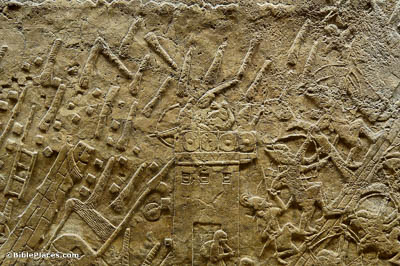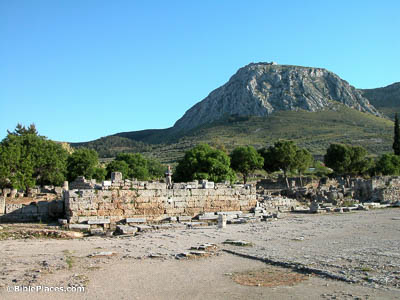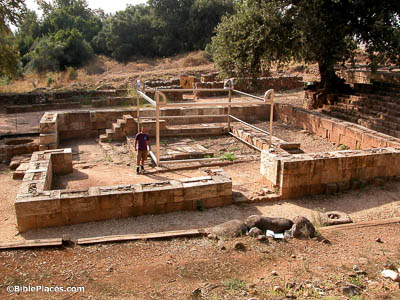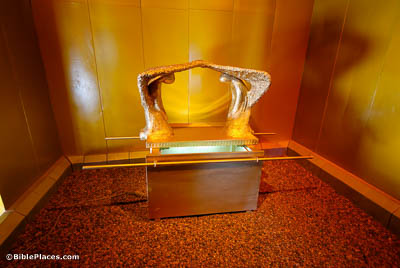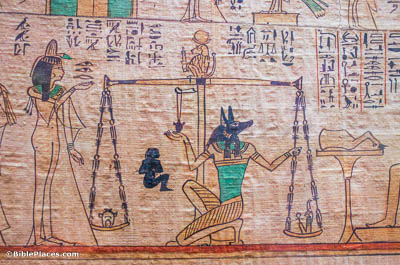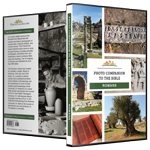What if some were faithless? Their faithlessness will not nullify the faithfulness of God, will it? (Romans 3:3).
Paul anticipates here an important potential challenge to God’s faithfulness which he will address more fully in chapters 9–11. Namely, is God’s faithfulness invalidated by His past judgment on Israel? At this point in Paul’s argument, his answer to this question of God’s faithfulness focuses on the consistent justice of God’s judgments. After all, the oracles of God with which Israel was entrusted warned of the very judgments they would receive for covenant breaking (e.g., Deut 28:15-68). A striking example of this is the military campaign of the Assyrian king Sennacherib against the Northern and Southern Kingdoms at the end of the 8th century BC. The relief shown on this slide depicts Sennacherib’s siege of Lachish, the second largest city of Judah at the time.
